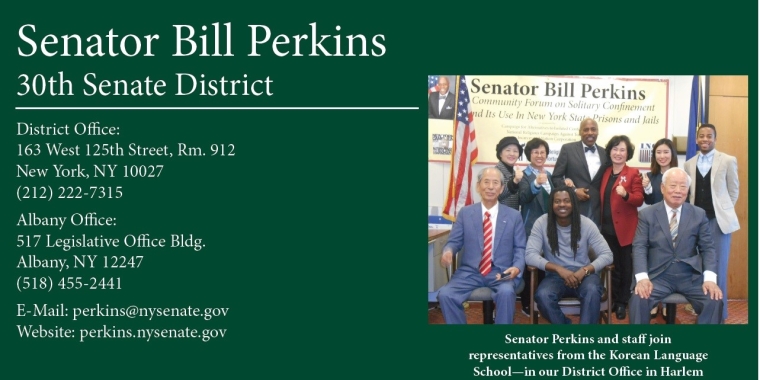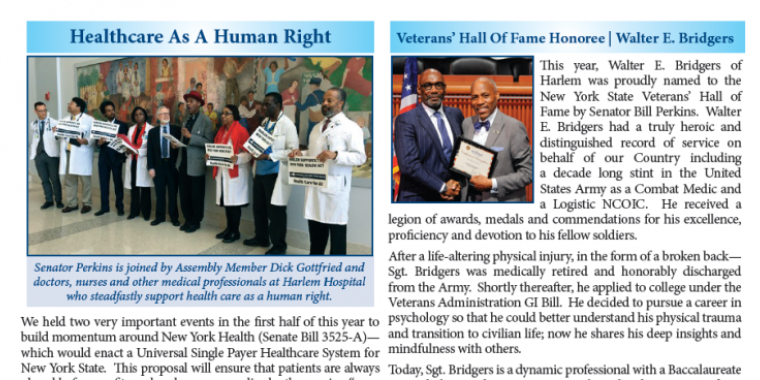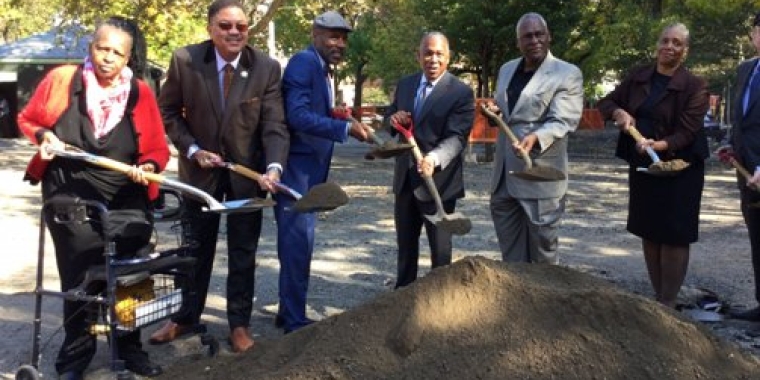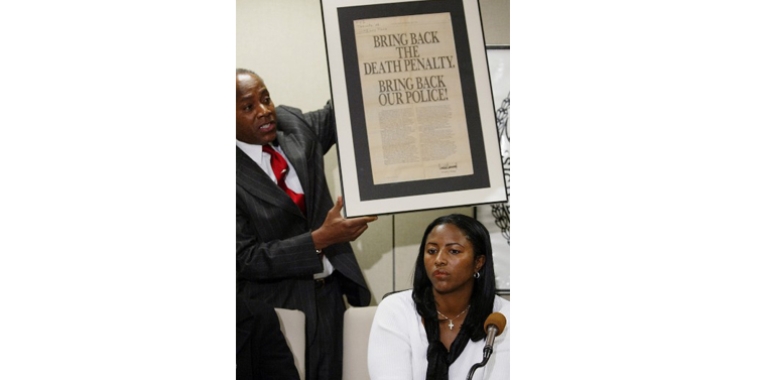M.T.A. Plan for Revenue Draws Host of Critics
Bill Perkins
March 19, 2009
-
COMMITTEE:
- Transportation
An array of city, state and federal elected officials sharply criticized the proposals to bail out the Metropolitan Transportation Authority at a legislative hearing on Thursday, raising fresh concerns about whether the proposals can survive in Albany.
City Council members opposed a plan to introduce tolls on the East and Harlem Rivers. Representative Anthony D. Weiner and business groups said they were against introducing a new payroll tax. And state senators, as well as many advocacy groups, disagreed with the proposal for an 8 percent fare increase.
The proposals are a rescue plan for the authority that was proposed by a state commission created by the governor and headed by Richard Ravitch, a former authority chairman.
"Some of my colleagues said the Ravitch plan is dead on arrival," State Senator Martin Malavé Dilan, a Democrat of Brooklyn, said on Thursday. "They said to me there's no way they can vote for it. It's the M.T.A.'s responsibility to convince my colleagues."
The Ravitch plan includes imposing tolls on the Harlem River and East River bridges connecting Manhattan to Brooklyn, Queens and the Bronx, and introducing a new tax on payrolls in the 12 counties served by the authority. The new payroll tax would raise $1.5 billion a year.
With few exceptions, the speakers, who included City Council members, transit advocates and community groups, opposed some part of the plan.
They also took aim at what they called draconian service cuts, and large fare and toll increases that the M.T.A. is planning if the Ravitch plan is not approved by the State Legislature next month.
State Senator Bill Perkins of Manhattan, who led the hearing, at the Adam Clayton Powell State Office Building in Harlem, asked Mr. Ravitch several times if his commission had considered ways to avoid raising public transit fares.
Mr. Ravitch said that some fare increases were necessary. He said his plan was needed not just to help close the M.T.A.'s $1.2 billion budget gap, but to ensure that all constituents — including drivers and subway, railroad and bus riders — share the burden.
"Nobody likes to pay anything," Mr. Ravitch said in answer to questions by Senators Perkins and Dilan. "We concluded that the only ultimately feasible way to get the financing done is come up with recommendations that everyone contribute."
The 8 percent toll increase in Mr. Ravitch's plan is far less than the 23 percent increase approved by the M.T.A. in December. The agency also plans to increase the tolls on its bridges, if paid with cash, to $6.50 each way from $5.
Elliot G. Sander, chief executive of the Metropolitan Transportation Authority, said his agency would have to lay off 1,100 employees if Mr. Ravitch's plan were not adopted. He said his agency had already merged some administrative functions to save about $40 million a year.
"We are clearly at a crossroads," Mr. Sander said. "Times are tough this year, but times will be even tougher if the State Legislature doesn't act."
Senator Dilan said the Senate "will try to move as quickly as possible."
Representative Weiner said the state should not be rushed into considering the Ravitch plan, which he said was filled with "old ideas." He opposed the payroll tax as a burden on the middle class and small businesses.
Instead, he said that more help would most likely come from the federal government.
"We should step back from the apocalypse," he said. "There's going to be help coming from Washington."
The new payroll tax was also opposed by several business groups, as well as Pattern for Progress, a research group for businesses in the northern suburbs. Jonathan Drapkin, the president of the group, said that the M.T.A. already received revenue from as many as seven taxes, and that a new payroll tax was unacceptable to suburban residents who use M.T.A. services far less than city residents.
"The state has turned to a series of Band-Aids," Mr. Drapkin said. "This is one tax too many."
Share this Article or Press Release
Newsroom
Go to NewsroomSenator Perkins Winter 2017 Newsletter
December 20, 2016

Senator Perkins Summer 2016 Newsletter
August 2, 2016


